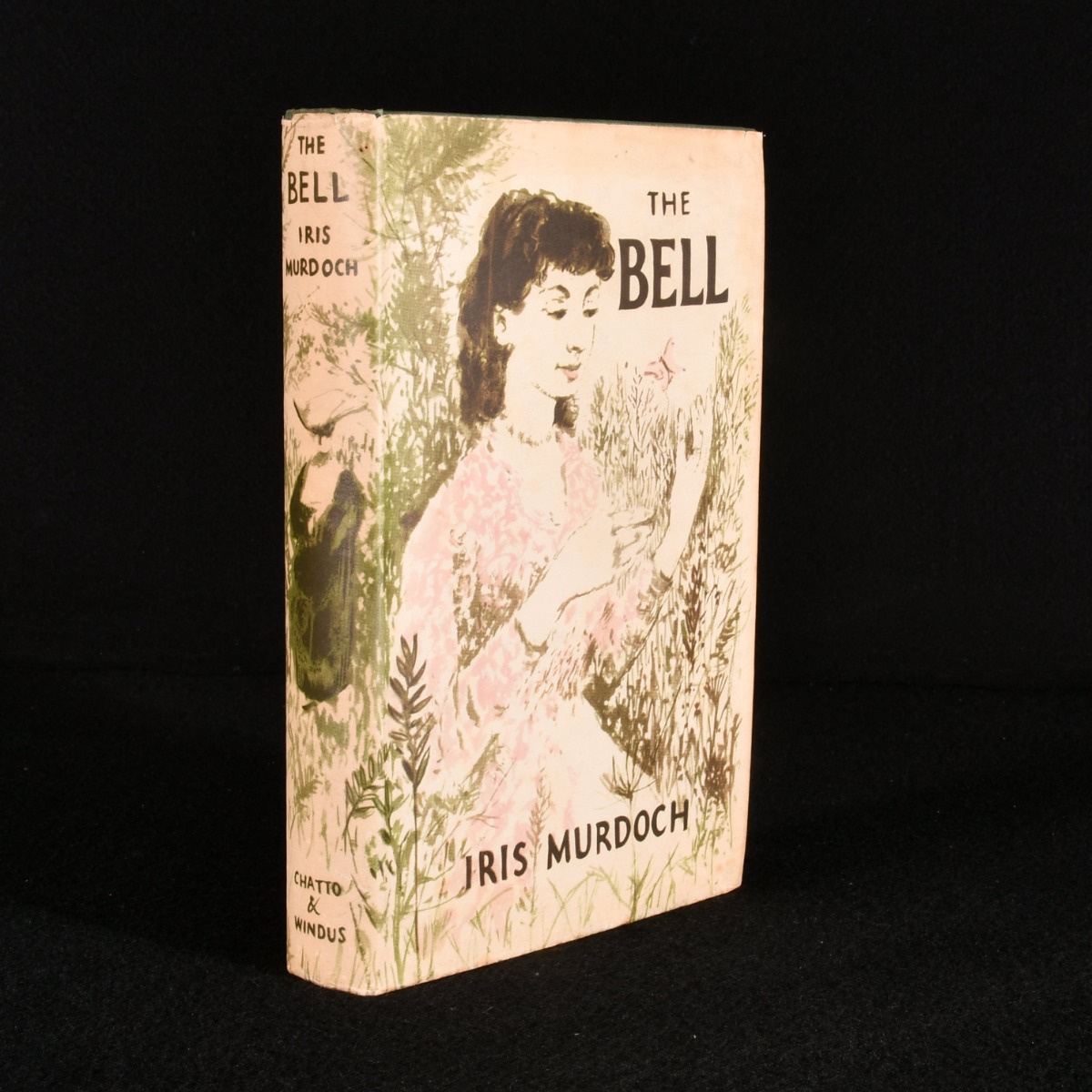
The key to this “mystery” is a needlessly complex tangle involving Edward’s servant Jackson, a former lover of Marion’s from Australia, and a bottle of wine that has been tainted by what is essentially a date-rape drug. It’s basically about a woman named Marion and how she came to abandon her fiancé Edward at the alter. Published in 1995, just a few years before Murdoch’s death from Alzheimer’s, it is a rat’s nest of poor planning and weak prose.

I could not say the same thing about Jackson’s Dilemma, which I didn’t even get to until vacation was over. Despite its dry and often predictable turns, this novel was enough to keep my attention at a crowded beach. The image of the abbey’s bell – a new instalment aiming to bring much-needed attention to the church, and its competition with an older bell submerged in a nearby lake – is as an effective symbol of sire-call morality as anything. We have a crew of deeply flawed and even immoral characters piously parading around a religious commune and getting into all manner of mischief. The thematic landscape of The Bell is clear. We meet other characters in the process: Michael, the closeted homosexual who makes a pass at young Toby, who in turns has a brief and torrent tryst with Dora while in the community the alcoholic Nick and his nun-to-be sister, Catherine. Its protagonist is the adulterous wife Dora Greenfield, who reluctantly returns to her lout of a husband, an art historian, just as he needs to travel to the abbey on a research project. It tells the story of a religious community ensconced around an Anglican abbey in rural England and the motley assemblage of characters involved with it.

The Bell (1958) is by far the better of the two books: it was dull and hard to follow for about the first third, before it miraculously pivoted during a two-and-a-half-page section and became engrossing. I picked up The Bell and Jackson’s Dilemma more or less at random, not knowing what to expect beyond Murdoch’s penchant for off-kilter love entanglements and deep philosophical/moral cores in her books.īoth novels were, in a way, a disappointment.

I was keen to get back to some Iris Murdoch over my summer vacation this year (a nice long trip home to PEI, which explains, if explanations are needed, why I haven’t updated the blog in nearly a month), as I’ve loved other books I’ve read of hers, and figured she would make for great holiday reading.


 0 kommentar(er)
0 kommentar(er)
